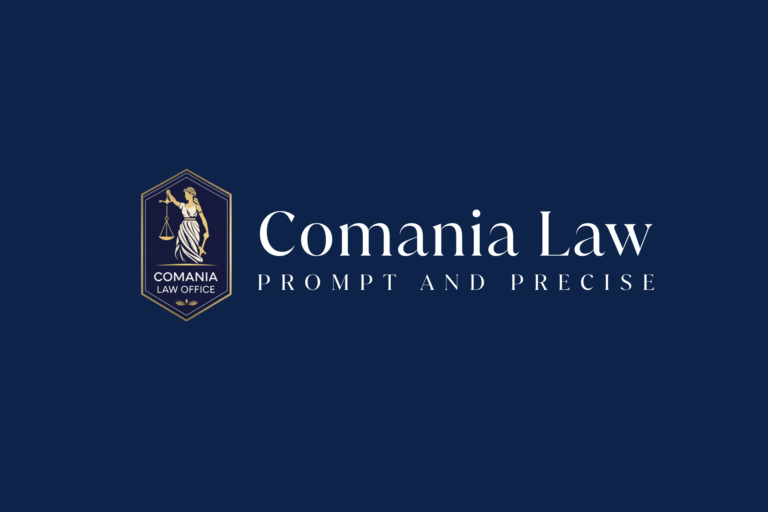MANILA, Philippines — The Supreme Court (SC) en banc has reversed and set aside the resolutions of the Commission on Elections (COMELEC) disqualifying Caloocan City Representative Edgar R. Erice from running in the May 12, 2025 National and Local Elections.
In a Decision promulgated on July 8, 2025, penned by Associate Justice Henri Jean Paul B. Inting, the Court ruled that the COMELEC committed grave abuse of discretion by disqualifying a candidate based on an unproven violation of an election offense, effectively bypassing the prescribed legal procedure that requires a final court conviction. The ruling affirmed that the COMELEC cannot expand the grounds for disqualification under the Omnibus Election Code (OEC).
Accusations of Propaganda
The case stemmed from a Petition for Disqualification filed by Raymond D.C. Salipot against Erice. The petition alleged that Erice violated Section 261(z)(11) of the OEC (Propagating false and alarming reports) by repeatedly making statements in media interviews claiming that the COMELEC’s multi-billion-peso contract with automated counting machine provider Miru Systems was “highly anomalous” and “rigged.” Erice asserted that the Philippines would be used as a “guinea pig” for Miru’s technology in the 2025 polls.
The COMELEC Second Division and subsequently the COMELEC En Banc granted the petition, finding that Erice’s unsubstantiated statements were intended to cause confusion among voters, disrupt the election process, and undermine the integrity of the electoral system. The COMELEC ruled that such actions were a ground for disqualification under its own Resolution No. 11046.
Limits of COMELEC Jurisdiction
The SC addressed two main issues: first, whether Erice’s right to due process was violated, and second, whether the COMELEC gravely abused its discretion by disqualifying him for an unproven election offense under Section 261(z)(11).
The Court found no violation of due process, as Erice was given notice and the opportunity to file an answer. However, the Court sided with Erice on the substantive issue of disqualification.
The Ruling: Disqualification Requires Final Conviction
The Supreme Court ruled that the COMELEC had no power to disqualify Erice on the ground of violating Section 261(z)(11) of the OEC, as this provision is not one of the specific grounds for disqualification enumerated under Section 68 of the OEC (which lists offenses like vote-buying, terrorism, and specific spending violations).
The Court emphasized that for offenses not listed under Section 68, the OEC establishes a clear procedure: the determination of guilt for an election offense falls under the exclusive original jurisdiction of the Regional Trial Court, following a preliminary investigation by the COMELEC’s Law Department. Therefore, a candidate can only be disqualified for such an offense if they have been declared guilty by a final decision of a competent court in a prior, separate proceeding.
By ruling on Erice’s guilt of the election offense and imposing the penalty of disqualification directly, the COMELEC unlawfully expanded the grounds for disqualification and usurped the jurisdiction of the regular courts. The Court stated, “The COMELEC cannot skip the processes laid down in our laws, no matter how noble the cause of protecting the integrity of the elections may be.”
The SC also clarified the elements of the election offense under Section 261(z)(11) for future guidance but stressed that criticism, even strong criticism, of election processes is generally covered by the right to freedom of speech. The petition for disqualification was ultimately DISMISSED, and Erice was reinstated as a candidate.

